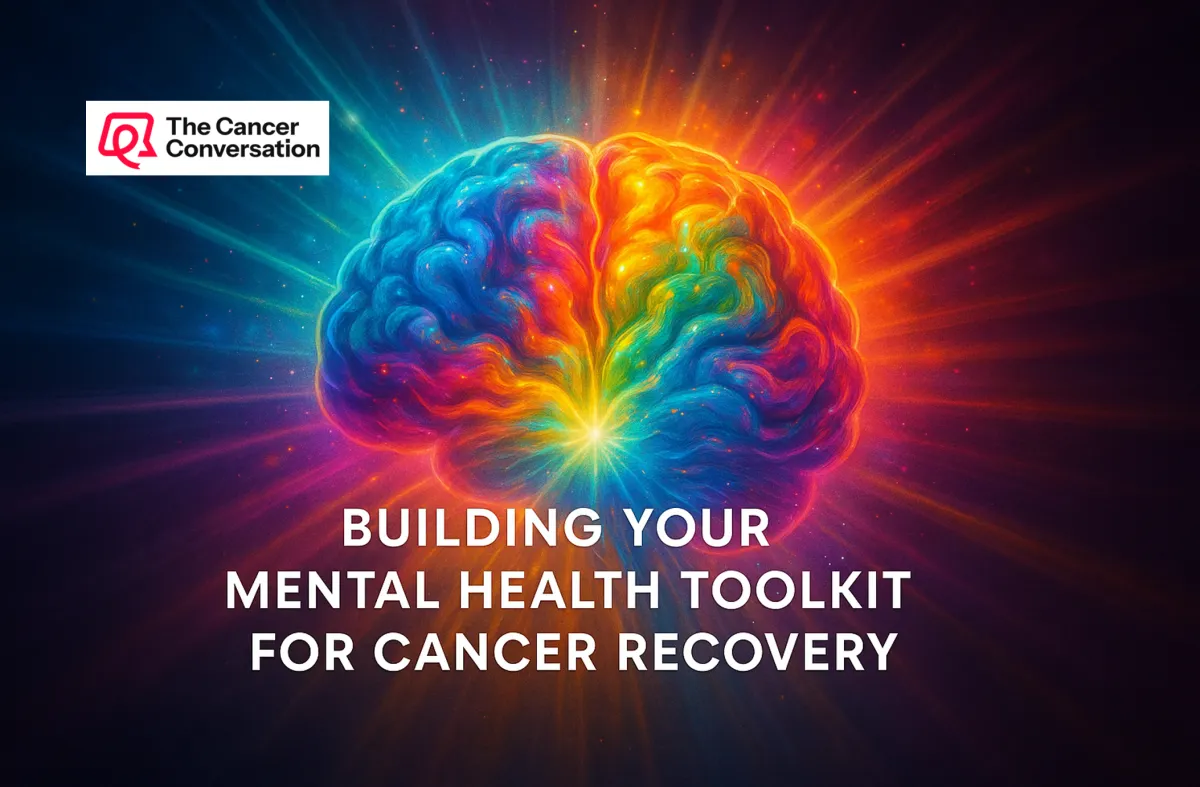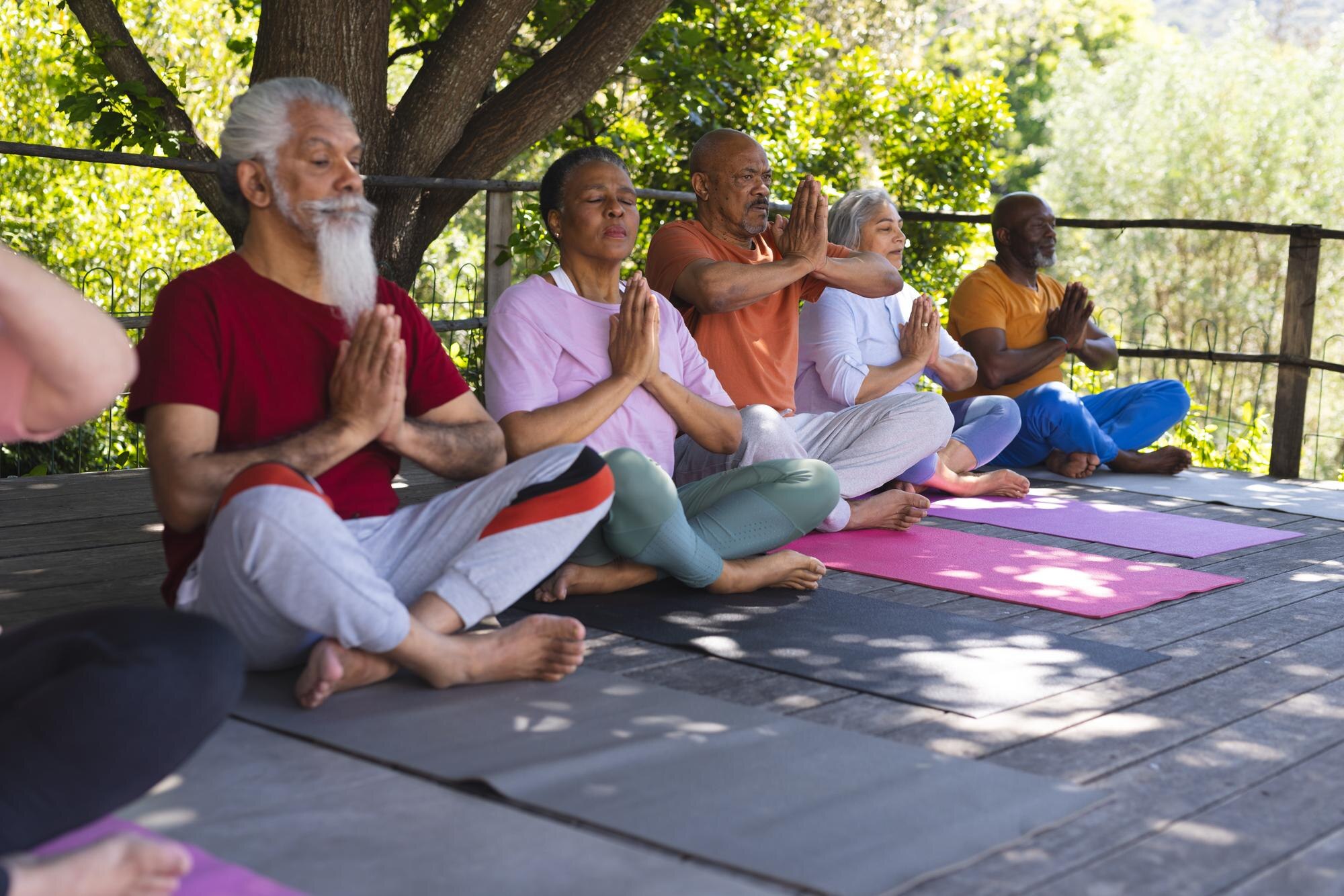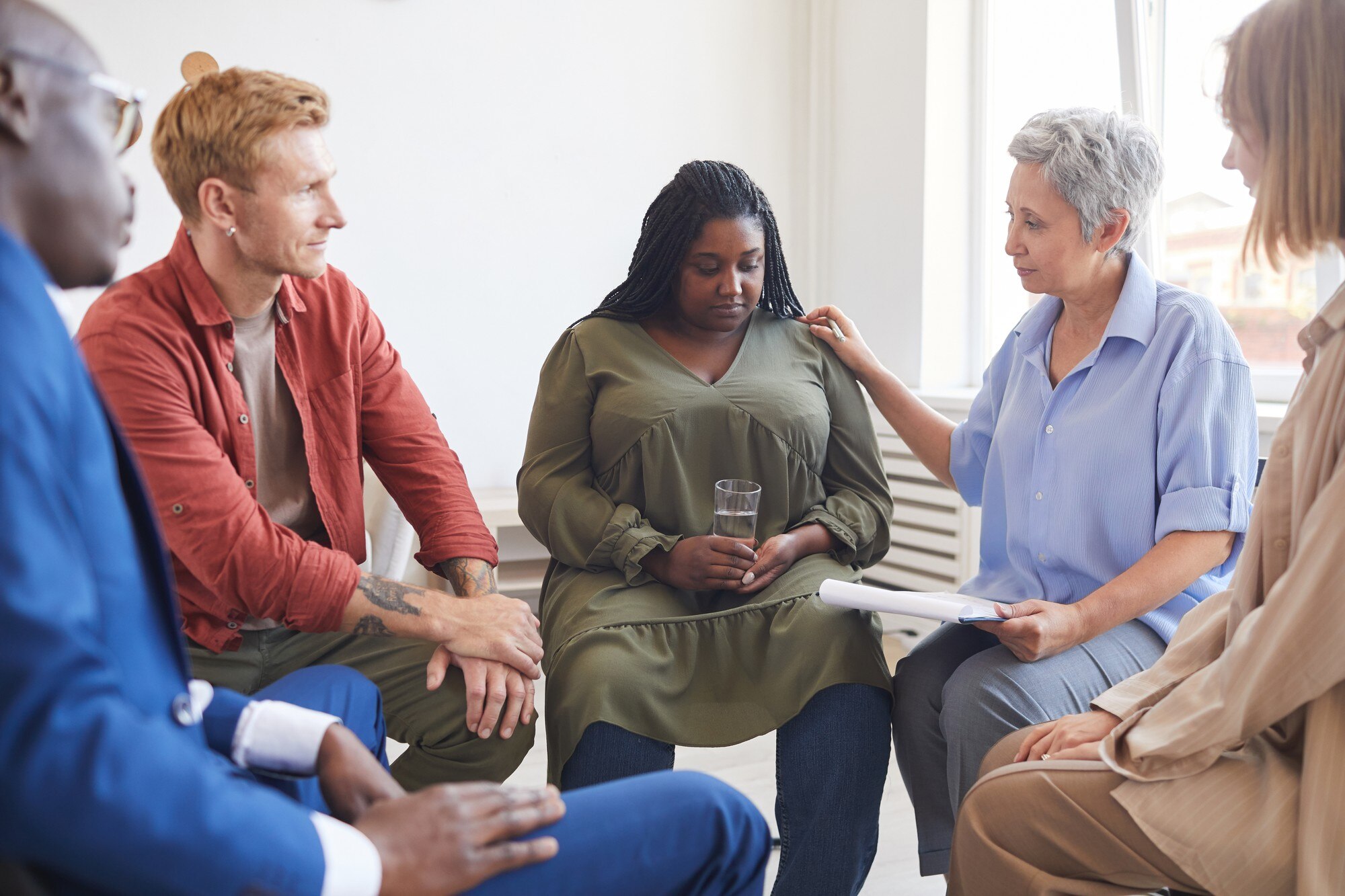
Building Your Mental Health Toolkit for Cancer Recovery
Cancer can feel like an overwhelming storm. You're not alone in facing it, and building a mental health toolkit can be your anchor during cancer recovery. We'll explore the power of emotional resilience, offering you practical tools and strategies tailored to support your journey. Imagine finding strength and hope through genuine connection and holistic healing. Ready to empower yourself? Join our community for ongoing support and learn more about crafting your mental health toolkit for recovery.
The Foundation of Emotional Resilience

Emotional resilience is a vital component of cancer recovery. It is the ability to adapt to stress and adversity, which empowers individuals to overcome challenges. By understanding emotional resilience and building a supportive network, you can create a strong foundation for your mental health toolkit.
Understanding Emotional Resilience
Emotional resilience is the capacity to recover quickly from difficulties. It is not about avoiding stress but about managing it effectively. This resilience is built through experiences, emotions, and the ability to process them. Understanding its importance can significantly improve mental well-being.
Consider the story of Jane, a cancer survivor, who attributes her recovery to emotional resilience. Her journey shows that resilience isn't about being unaffected by stress but about bouncing back with strength and hope.
To develop your emotional resilience:
Acknowledge your emotions without judgment.
Practice positive self-talk.
Focus on what you can control.
Join programs like the Recovery Month Toolkit for more resources on building emotional resilience. They offer valuable insights and strategies.
Building a Supportive Network
A supportive network is crucial for emotional resilience. It consists of people who provide encouragement, understanding, and care. Building this network can significantly improve your cancer recovery journey.
Take Sarah’s experience as an example. Her friends and family were there through every step, offering comfort and strength. This support was critical in her battle with cancer, showcasing the power of human connection.
To build your own network:
Identify friends, family, or community groups who can offer support.
Communicate openly about your needs.
Engage in cancer support groups for shared experiences.
Explore resources like the SMART Recovery Toolbox for more ideas on strengthening your support network.
Practical Tools for Mental Health

Building a mental health toolkit involves practical tools that support emotional and mental well-being. Mindfulness, meditation, and journaling are effective practices that promote mental health during cancer recovery.
Mindfulness and Meditation Techniques
Mindfulness and meditation help you stay present and reduce anxiety. These techniques encourage a sense of calm and focus, essential for mental health.
Studies show that mindfulness can lower stress levels and improve emotional health. Consider incorporating these practices into your routine:
Begin with a 5-minute daily meditation.
Focus on your breath to anchor your thoughts.
Gradually increase meditation duration as you become more comfortable.
Access the Recovery Ohio Toolkit for meditation resources and guides. They provide step-by-step instructions to get you started.
Journaling for Emotional Expression
Journaling offers a powerful way to express emotions and reflect on your journey. Writing helps process thoughts and feelings, fostering emotional awareness and resilience.
Consider these benefits of journaling:
Provides an outlet for emotions.
Enhances self-awareness.
Encourages problem-solving.
Start by setting aside time each day to write. Focus on your thoughts, emotions, and experiences. This practice can be a key component of your mental health toolkit. Visit SAMHSA's Overdose Prevention Toolkit for more guidance on using journaling for mental health.
Holistic Healing in Cancer Recovery

Holistic healing combines physical, emotional, and spiritual practices to support recovery. Integrating lifestyle changes and physical activity can enhance cancer recovery and overall well-being.
Integrating Lifestyle Changes
Lifestyle changes, such as diet and sleep patterns, play a crucial role in holistic healing. Small, consistent changes can have a big impact on health.
For example, adopting a balanced diet rich in fruits and vegetables supports immune function. Prioritize quality sleep to aid physical and emotional recovery.
Follow these steps to integrate lifestyle changes:
Set achievable health goals.
Make gradual adjustments to daily habits.
Celebrate small victories to maintain motivation.
Explore the Recovery Month Toolkit for tips on lifestyle changes that support holistic healing.
The Role of Physical Activity 🧘♀️
Physical activity enhances mental and physical health. It reduces fatigue and improves mood, crucial for cancer recovery.
Consider John's story, who began with light walking after his diagnosis. This routine boosted his energy and emotional well-being. His experience highlights the transformative power of physical activity.
Key benefits of physical activity:
Enhances mood through endorphin release.
Reduces cancer-related fatigue.
Improves cardiovascular health.
Start with activities you enjoy, such as walking or yoga. Gradually increase intensity as strength improves. The Recovery Ohio Toolkit offers insights into incorporating physical activity into your routine.
Empower yourself with these tools and strategies. Join our community for ongoing support as you build your mental health toolkit for cancer recovery. 💪💙








